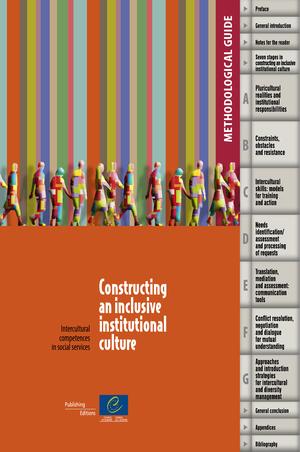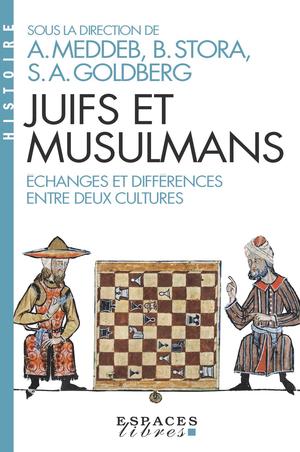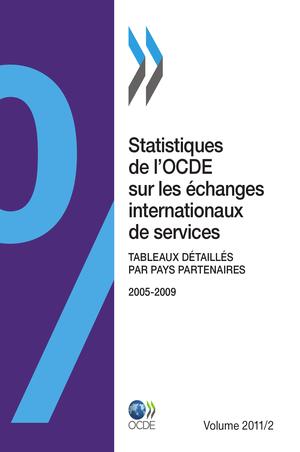If we are to build an inclusive institutional culture within the increasingly pluralist societies of 21st century Europe, focussing solely on the development of skills and knowledge is not enough. There have to be changes in the way in which administrative authorities and the organisations providing services to the public view their role and in the action they take. While it is essential for migrants to learn the language of their host country, understanding the codes of conduct, standards, allegiances, rules and exceptions is perhaps an even greater challenge. This clearer understanding of the institutional fabric is an inevitable part of what is termed “integration” and also applies to minorities. Since this process does not occur unassisted, this guide puts forward a number of proposals to help acquire the institutional skills which are vital for understanding, dialogue, guidance, negotiation and conflict resolution, to name but a few. These are all aspects inherent in interaction processes and essential for respecting diversity. This guide is an indispensable tool for public and private operators, social workers, mediators and all other stakeholders aware of the need to incorporate these aspects into their exchanges, particularly when rights and human dignity are at stake. This will help nurture confidence in public institutions and avoid the development of fear or any other barrier which could lead to unequal access – or indeed no access – to social, health-care or other services. Through this work, the Council of Europe reminds us that in pluralist societies the most effective guarantee of successful integration and harmonious co-existence is social justice.
Constructing an inclusive institutional culture - Intercultural competences in cultural services
13,00EUR
Catégories:
SCIENCES HUMAINES ET SOCIALES, LETTRES / Sciences sociales [auto].
If we are to build an inclusive institutional culture within the increasingly pluralist societies of 21st century Europe, focussing solely on the development of skills and knowledge is not enough. There have to be changes in the way in which ad...
| Disponibilité: | Disponible |
|---|---|
| Format: | PDF | 142 Pages |
| Date de publication: | 2011-01-01 |
| Éditeur: | Conseil de l'Europe |
| Langue: | Anglais |
Avis clients
0.0
0 reviews
Clients également considérés
Histoire des relations entre juifs et musulmans des origines à nos jours
Not available in your region
Histoire des relations entre juifs et musulmans des origines à nos jours
Not available in your region










